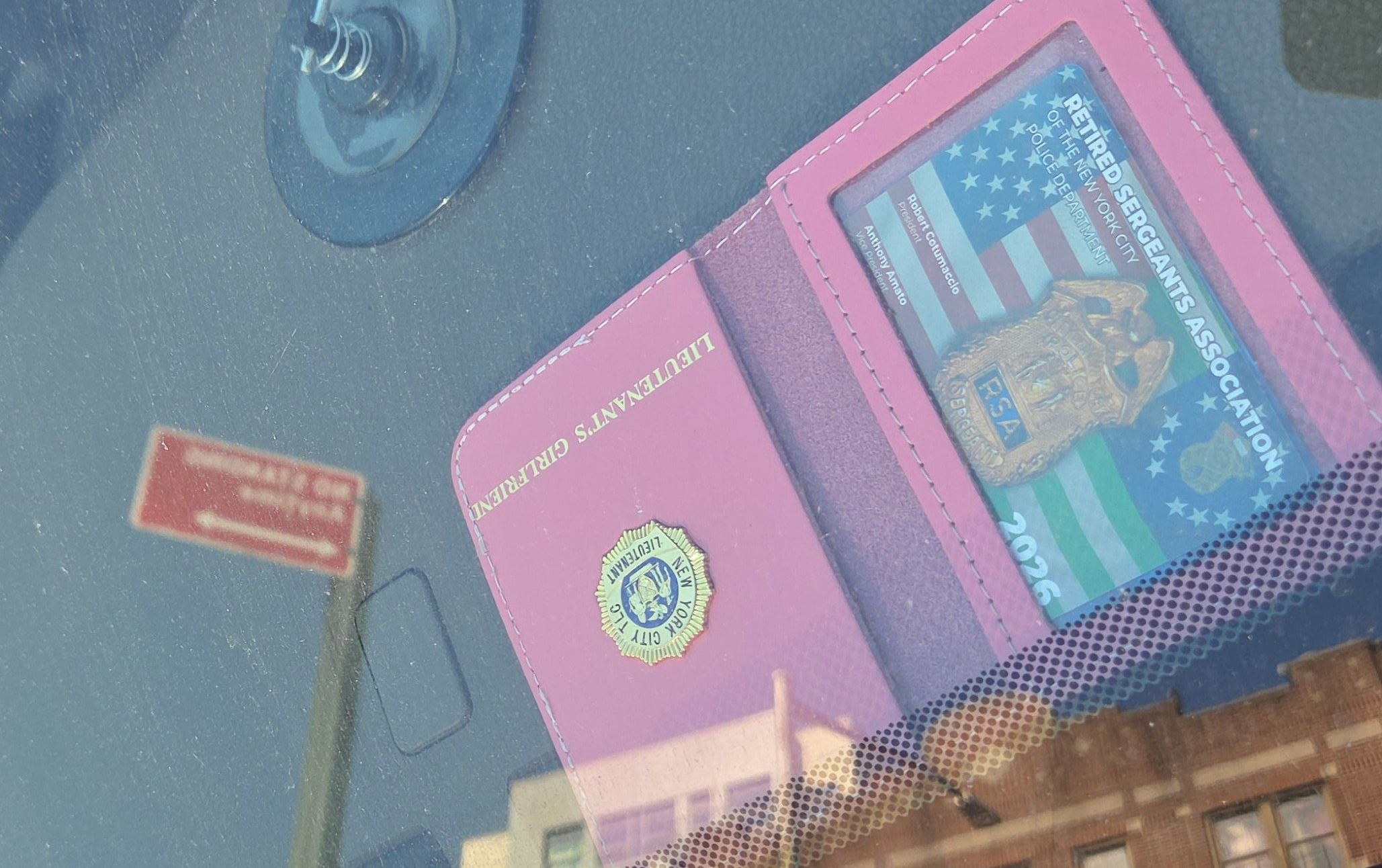Media release from Transportation Alternatives:
Transportation Alternatives ("T.A."), New York City's advocate for cycling, walking and environmentally sensible transportation, has raised serious questions about the motives and efficacy of a
proposed alternative to congestion pricing that has been presented to the New York City Traffic Mitigation Commission.
"It's ironic that Transportation Alternatives should have to come out against a plan primarily comprised of traffic claiming
measures we support or even initially proposed," said T.A. Executive Director Paul Steely White. "However, while each
of the traffic calming measured offered in the proposal are valuable, presenting them as an alternative to congestion
pricing rather than a supplement to it belies logic." White questioned the motives behind the proposal, stating, "if the
'Keep NYC Congestion' group was genuinely dedicated to reducing traffic and its negative consequences on our city, it
would be joining Transportation Alternatives in supporting [the proposal's] measures as supplements to congestion
pricing. But finding the best way to reduce traffic has never been the 'Keep NYC Congestion' group's mission, nor is it
the true motive behind their proposal. Their actual motive, and the very purpose for which they were established, is to
advance their rich funders' economic interests by defeating congestion pricing. I have no doubt the Commission will see
through this smoke screen."
T.A.'s analysis of the proposal concludes that while its individual traffic calming measures
are valuable, even collectively, they would be nowhere near as effective at reducing traffic as congestion pricing.
Consequently, T.A. predicts the Commission will find they do not constitute a viable, alternative plan unto themselves.
T.A.'s Lobbyist Chad Marlow, President of The Public Advocacy Group LLC, was more direct in his criticism of the "ticky-tack proposal," calling it "nothing more than a thinly veiled attempt to save wealthy Deadbeat Drivers from paying
an $8 congestion pricing fee while, at the same time, increasing demand for the Manhattan parking garage space owned
by the primary funders of the proposal and the group who submitted it."
According to T.A., the proposal's many shortcomings include:
- Failing to use pricing as the "principal mechanism" to achieve traffic reduction, thereby forfeiting the $350 million grant awarded to New York City by the United States Department of Transportation and the substantial transportation improvements the grant would have paid for;
- Employing Manhattan-centric traffic mitigation that does nothing to reduce the volume of single-occupancy cars commuting through the Bronx, Harlem, Greenpoint-Williamsburg, Long Island City and Downtown Brooklyn;
- Securing no traffic reductions on major arteries and no improvements in the speed or reliability of bus service;
- Containing no provisions to manage traffic on the free East River crossings, thereby providing further incentive to drivers to avoid underutilized tolled crossings like the Brooklyn-Battery Tunnel; and
- Relying on enforcement-intensive measures that have never been successfully conducted on a sustainable, long-term basis by the City of New York.
One falsehood contained in the proposal drew particularly strong objections from T.A.: The claim that congestion pricing
"disproportionately hits the pockets of middle class and working New Yorkers." Marlow called the statement "part of a specific, continuing strategy by wealthy individuals and their hired guns to confuse middle class New Yorkers about the
overwhelming, virtually cost-free benefits they will receive from congestion pricing." White concurred, noting that "the
'Keep NYC Congestion' group has no credibility on this point. After all, the group was specifically created to represent
the interests of rich Deadbeat Drivers and even richer parking garage owners - none of whom are middle class or
particularly care about middle class interests. On the other hand, "White pointed out, "highly credible organizations with
long histories of representing and protecting middle class interests, like the Drum Major Institute for Public Policy, have
unequivocally concluded that congestion pricing is in the best interest of current and aspiring middle class New Yorkers."





